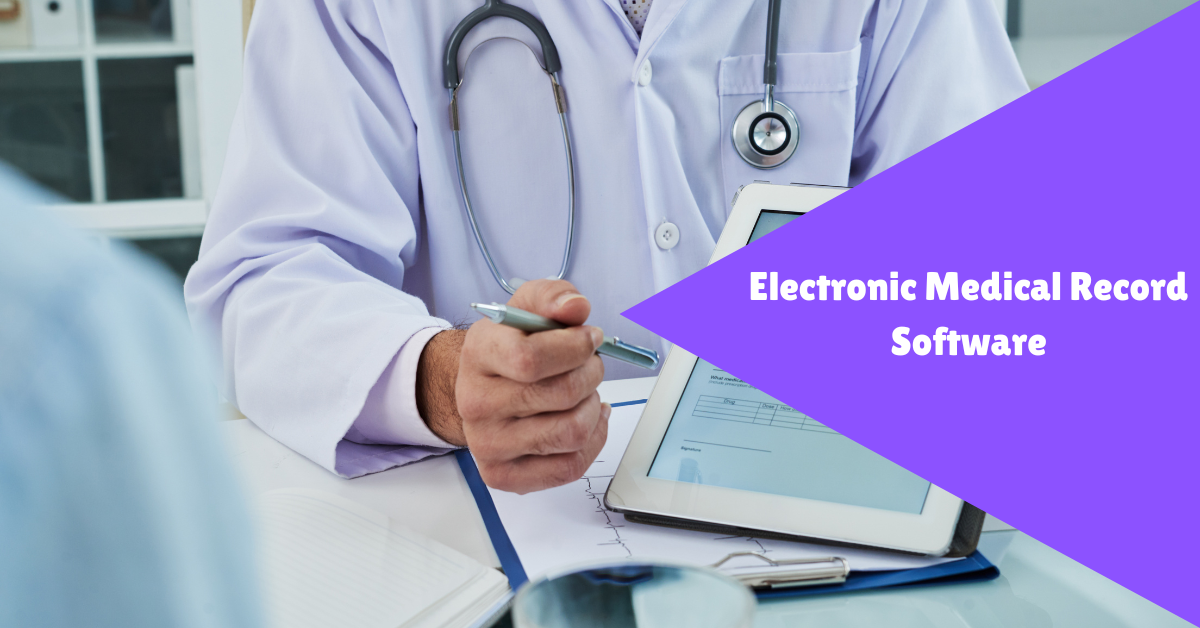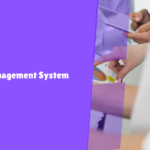In today’s tech-driven healthcare world, electronic medical record software (EMR software) has become essential for clinics, hospitals, and individual practitioners. It not only streamlines patient data management but also improves accuracy, communication, and overall care delivery.
Let’s dive into what electronic medical record software is, how it works, and why it’s transforming healthcare practices.
Ready to take the first step?
We’ll assist you through every step.

What Is Electronic Medical Record Software?
Electronic medical record software is a digital tool used by healthcare providers to create, store, and manage patient health information. It replaces traditional paper-based charts and enables real-time access to patient data, medical history, diagnoses, treatment plans, lab results, prescriptions, and more.
This software is typically used within a single healthcare organization and helps doctors and medical staff maintain accurate, secure, and up-to-date records.
Benefits of Using Electronic Medical Record Software
Using electronic medical record software provides numerous advantages for both providers and patients:
1. Improved Patient Care
Instant access to complete and accurate patient information leads to better clinical decisions and personalized treatment.
2. Enhanced Efficiency
Automation reduces paperwork, allowing doctors to spend more time with patients and less on admin tasks.
3. Better Coordination
Integrated systems allow different departments and providers to work seamlessly using shared records.
4. Cost Savings
Less paperwork and fewer manual errors help cut costs in the long run.
5. Easy Reporting and Analytics
Generate detailed health reports, monitor patient outcomes, and support clinical research.
Key Features of Electronic Medical Record Software
Here are some common features you can expect from EMR software:
- Patient Record Management – Digital storage of patient demographics, allergies, medical history, and visit notes.
- E-prescription Integration – Send prescriptions directly to pharmacies.
- Appointment Scheduling – Manage patient bookings, reminders, and follow-ups.
- Lab and Imaging Results – View and track diagnostic results within the patient record.
- Data Security and Compliance – HIPAA-compliant tools ensure data privacy and protection.
Choosing the Right Electronic Medical Record Software
When selecting EMR software, consider the following:
- Is it user-friendly and customizable?
- Does it support cloud access and mobile devices?
- What integrations are available (labs, pharmacies, billing)?
- Is customer support reliable?
- Is it compliant with local data protection laws?
How Can Kiddoklinik Help?
Electronic medical record software is no longer a luxury—it’s a necessity for modern healthcare practices. Whether you’re a small clinic or a large hospital, implementing the right EMR system can greatly improve efficiency, reduce errors, and enhance patient satisfaction.
As technology continues to shape healthcare, choosing the right software today can set the foundation for a smarter, safer, and more connected tomorrow. Understanding how to use the software can be a difficult task but with the guidance of consultants at Kiddoklinik you can learn it quickly.
Contact us today for more.
FAQs
Q 1: What is electronic medical record software used for?
Answer:
Electronic medical record software is used to digitally store, manage, and access patient health information within a healthcare facility. It helps doctors and medical staff record patient visits, track diagnoses, manage prescriptions, view lab reports, and improve overall care delivery.
Q 2: How is electronic medical record software different from electronic health record software?
Answer:
Electronic medical record software (EMR) is mainly used within a single clinic or hospital to manage patient records. Electronic health record (EHR) software, on the other hand, provides a more comprehensive view of a patient’s medical history and is designed to be shared across multiple healthcare providers and systems.
Q 3: Is electronic medical record software secure?
Answer:
Yes, most electronic medical record software systems are built with strong data encryption, access controls, and compliance with healthcare privacy regulations like HIPAA (in the U.S.) or DISHA guidelines (in India), ensuring patient data remains secure and confidential.



